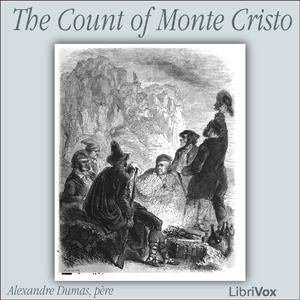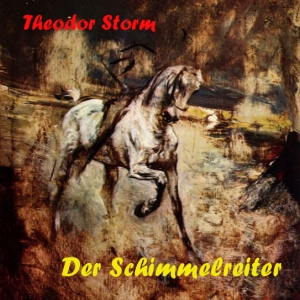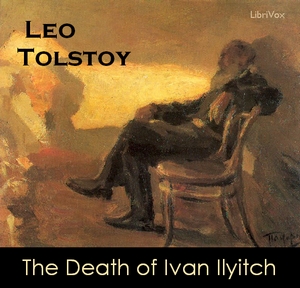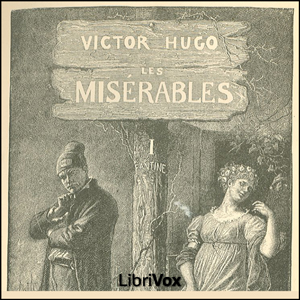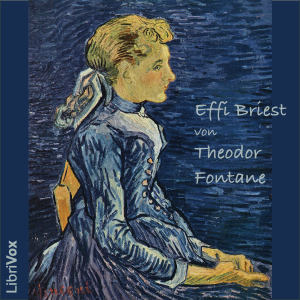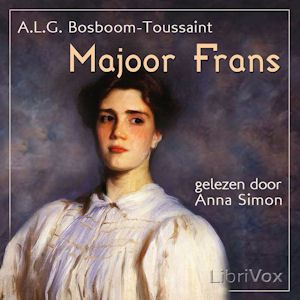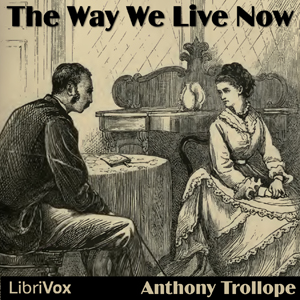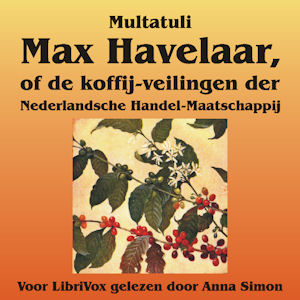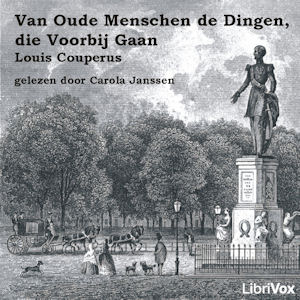Shadow Flies
(0 User reviews)
91
1932
English
- Part 1, Chapter 1
- Part 1, Chapter 2
- Part 1, Chapter 3
- Part 1, Chapters 4-5
- Part 1, Chapter 6
- Part 1, Chapters 7-8
- Part 1, Chapters 9-11
- Part 1, Chapter 12
- Part 1, Chapter 13-15
- Part 1, Chapters 16-18
- Part 1, Chapters 19-20
- Part 2, Chapters 1-3
- Part 2, Chapters 4-6
- Part 2, Chapters 7-11
- Part 2, Chapters 12-13
- Part 2, Chapters 14-17
- Part 2, Chapters 18-23
- Part 3, Chapters 1-4
- Part 3, Chapters 5-11
- Part 3, Chapters 12-15
- Part 3, Chapters 16-20
- Part 3, Chapter 21-Postscript
The title of the original, British release of this novel was They Were Defeated, referring, among other matters, to the English Civil War, 1642 to 1651. Since the main action covers the build-up toward this event and climaxes in 1641, the title implies that defeat had been inevitable for both sides even before the war began. The American title, The Shadow Flies, comes from a poem on the vanity of human wishes.
Yet, for all that, the story is full of life and yearning, of effort and fun, of assertion and tolerance, of conscience and love. In keeping with these themes, the action and the characters are loosely linked to the incomparable lyric poet Robert Herrick in his remote home in Devonshire, where he exults in the beauty of nature and wrangles with his backward parishioners, waiting in vain for the recognition and fame which he would be denied until long after his death.
The emotional focus of the novel is an adolescent girl, a scholar and poet of promise, encouraged by an educated father of unconventional opinions. In particular, his insistence that education ought to be offered equally to both sexes endears him to moderns but sets him at odds with his peers—as does his scorn of religion, which, in its turn, complicates many readers’ response to him.
The issues into which individual characters draw the reader include, beyond the strictly political, poetic taste, academic curricula, witchcraft, science, superstition, and religious observances in an England still reeling from the Reformation, which had taken place in the lifetime of the generation just preceding that of the oldest characters. Many well known historical figures, and especially poets, make brief appearances, and the language the author puts into their mouths is as close as she can manage to that of the mid seventeenth century, with different dialects faithfully represented in spelling when convenient. - Summary by Thomas A. Copeland
Yet, for all that, the story is full of life and yearning, of effort and fun, of assertion and tolerance, of conscience and love. In keeping with these themes, the action and the characters are loosely linked to the incomparable lyric poet Robert Herrick in his remote home in Devonshire, where he exults in the beauty of nature and wrangles with his backward parishioners, waiting in vain for the recognition and fame which he would be denied until long after his death.
The emotional focus of the novel is an adolescent girl, a scholar and poet of promise, encouraged by an educated father of unconventional opinions. In particular, his insistence that education ought to be offered equally to both sexes endears him to moderns but sets him at odds with his peers—as does his scorn of religion, which, in its turn, complicates many readers’ response to him.
The issues into which individual characters draw the reader include, beyond the strictly political, poetic taste, academic curricula, witchcraft, science, superstition, and religious observances in an England still reeling from the Reformation, which had taken place in the lifetime of the generation just preceding that of the oldest characters. Many well known historical figures, and especially poets, make brief appearances, and the language the author puts into their mouths is as close as she can manage to that of the mid seventeenth century, with different dialects faithfully represented in spelling when convenient. - Summary by Thomas A. Copeland
There are no reviews for this eBook.
There are no comments for this eBook.
You must log in to post a comment.
Log in

